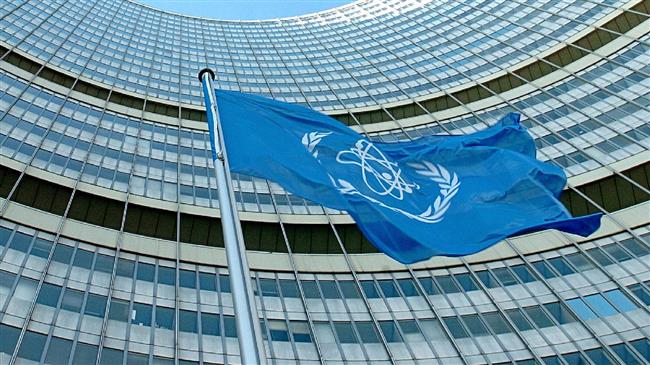Alwaght- The International Atomic Energy Agency's (IAEA) latest report envisages ‘positive and constructive’ prospects for bilateral cooperation with Iran, the country's permanent representative to the Vienna-based international organizations said.
“In terms of content, the report has explicitly portrayed a clear image of the current status of [bilateral] cooperation and envisaged positive and constructive prospects in relations between Iran and the agency,” Kazem Gharibabadi told reporters on Friday.
The Iranian official said it was expected that an overwhelming majority of the IAEA member states and the Board of Governors approve of the constructive nature of the relationship between Tehran and the agency.
The IAEA report pointed to a trip by the agency’s chief Rafael Grossi to Tehran on August 24 and 25 and his talks with senior Iranian officials, which led to the issuance of a joint statement aimed at strengthening cooperation and building more confidence, the Iranian diplomat noted.
“Based on the report, the agency has been granted access to one of the two demanded sites and the access to the second site has been planned for this month,” Gharibabadi said.
He emphasized that Iran has proved its goodwill in interaction with the IAEA and expects that the Board of Governors and other members of the agency implement it independently, impartially and professionally to take a fundamental step toward the settlement of two or three safeguards issues.
In its quarterly report on Friday, the IAEA said Iran has granted the agency's inspectors access to one of the two sites it agreed last week for verification purposes.
It added that the IAEA inspected the sites and took environmental samples there while the agency's inspectors would visit the other site "later in September 2020 on a date already agreed with Iran, to take environmental samples."
On June 19, the Board of Governors passed a resolution, put forward by Britain, France and Germany – the three European signatories to the landmark 2015 nuclear agreement, officially known as the Joint Comprehensive Plan of Action (JCPOA), to push for inspections of two sites that the trio claims
It was the Israeli regime’s spy service that first came up with the allegations of such activity at the two sites. Iran has, however, strictly rejected the allegations.
In a separate report issued on Friday, the IAEA said Iran's stock of low-enriched uranium (LEU) rose by 534 kilograms in the most recent quarter, roughly the same amount as in the previous three months, to 2,105.4 kilograms.
The JCPOA set a 300-kilogram limit, which is the equivalent of 202.8 kilograms, for uranium enrichment but Iran had announced that it would no longer respect it after Washington unilaterally abandoned the agreement in May 2018 and re-imposed crippling sanctions.
In response to Washington and its unilateral move, Tehran has so far rowed back on its nuclear commitments five times in compliance with Articles 26 and 36 of the JCPOA, but stressed that its retaliatory measures will be reversible as soon as Europe finds practical ways to shield the mutual trade from the US sanctions.
As a first step, Iran increased its enriched uranium stockpile to beyond the 300 kilograms.
In the second step, Tehran began enriching uranium to purity rates beyond the JCPOA limit of 3.76 percent.
In the third phase, after the Europeans failed to meet a 60-day deadline to meet Iran’s demands and fulfill their commitments under the deal, Iran started up advanced centrifuges to boost the country's stockpile of enriched uranium and activated 20 IR-4 and 20 IR-6 centrifuges for research and development purposes.
In November 2019, Iran began injecting gas into centrifuges at the Fordow plant as part of its fourth step away from the JCPOA under the supervision of the IAEA.
The Iranian government in January issued a statement announcing its decision to take the fifth and final step in reducing its commitments under the JCPOA.



























